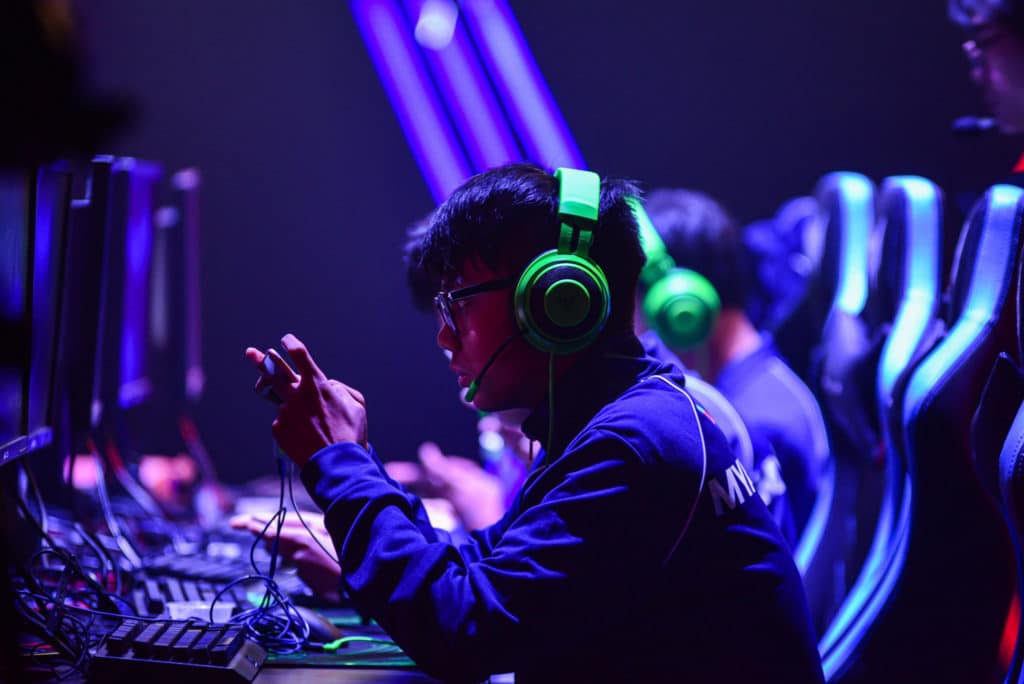Let’s be honest, as much as we’d all like to admit that we are good at gaming, the reality is that taxing titles such as Dark Souls isn’t for everybody. On paper, it may be possible for people of all abilities to get past the Bell Gargoyles, Qualaag, and the humongous challenge presented by Ornstein and Smough but the reality is that learning specific patterns over multiple failures just isn’t everybody’s idea of entertainment – and that’s absolutely fine.
Table of Contents
Risk-taking Behavior
Despite the fact that gaming as a hobby is now in its fifth decade, the study of the relationship between playing and personalities is still in its infancy. The moral panics over video gaming in the early 2000s weren’t exactly scientific, after all, especially as the same claims of evil were laid at Dungeons & Dragons’ door a few decades previous (and rock music before that). Much of the research to date has focused on aspects like activation of the various brain areas and risk-taking.
An article from BonusFinder UK that asked the question, ‘do personality traits affect the strategies and games people choose when gambling?’ concluded that lots of activity in the dopaminergic midbrain corresponded to low risk-taking behavior, and vice-versa. The research quoted, from University College London, could help to explain why some people are more prone to making snap decisions while others procrastinate in exactly the same scenario.
League of Legends
As far as video gaming is concerned, eSports events have served as something of a testing ground for research into gaming and personality. Scientists from two universities in Warsaw, Poland, discovered that the highest and lowest ranking players in the multiplayer online battle arena game, League of Legends (LoL), demonstrated differences in terms of their agreeableness, extraversion, and overall openness. Oddly enough, the outcome was the opposite of what is normally expected from team-focused individuals like football and rugby players.
In LoL, the more insular and less agreeable people tend to enjoy greater success in eSports. The study concluded that competitors may be forced to focus on individual performance because their teammates change in each ranked match. Put another way, loyalty and cooperation aren’t necessarily rewarded in LoL as they are in other team-based games like Destiny 2 or Overwatch, for example. This could suggest that certain personality traits are more valuable in different games and genres.
The Big Five
Ultimately, the psychology of video gaming is based around a rather simple concept – how humans act in certain scenarios. A good example in gaming might involve something like testing fall damage or enemy strength. Do you jump in or find an alternative, safer way of discovery? Inside gaming and out, much of the research done in this area focuses on the Big Five personality test, which is a measure of Conscientiousness, Openness, Extroversion, Agreeableness, and Neuroticism, and the Myers-Briggs Type Indicator.
Of course, as mentioned, this is a young field of study with borrowed methodology. A gaming-specific personality test could reveal different results altogether.
